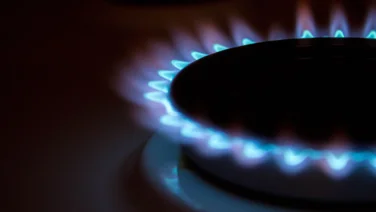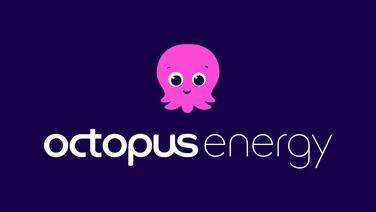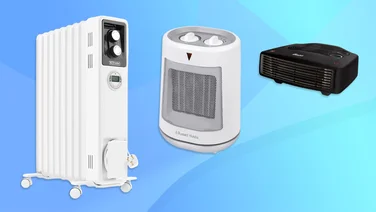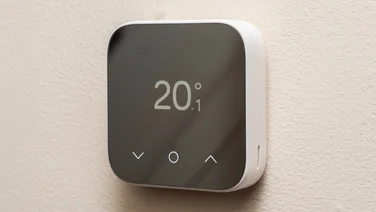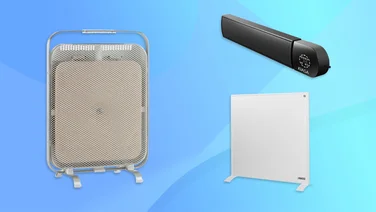To help us provide you with free impartial advice, we may earn a commission if you buy through links on our site. Learn more

Solar panels are still falling in price, making these renewable energy superstars a better way than ever to save money. A typical 4kW system now costs under £7,000 and pays for itself within less than a decade, after which your electricity is free forever. The cheaper your solar panels, the sooner you break even.
However, cheap solar panels aren’t the best value. Even the most expensive solar panels make up only around a third of your solar PV system’s upfront cost, and they’re more efficient, durable and attractive than their cheaper counterparts. Solar panels are an investment, and it pays to go for the best panels you can afford.
In this article we’ll help you invest wisely by comparing cheap solar panels and top-dollar panels on key factors such as energy generation and lifespan. To find the best solar panel costs for the panels you want, use our quote-finder tool below.
Get a free quote for solar panel installation today
Take our quick survey and we’ll match you with a solar panel installation expert.
How much do cheap solar panels cost?
You can buy solar panels from Amazon for less than £100. For example, Renology’s 100W solar panel costs just £68 at the time of writing. But before you get too excited, be aware that panels in this price bracket tend to be either:
1. Portable solar panels designed for ‘off-grid’ (no mains access) locations such as caravans and houseboats. Renology’s 100W panel falls into this category. It’s powerful enough to boil a portable kettle in a van or shed, but won’t do much to power your household.
2. Flexible ‘thin-film’ solar panels, designed to sit on uneven surfaces such as campervan roofs. The Dokio 100W bendable solar panel is currently £105 from Amazon.

3. Polycrystalline solar panels, which are the cheapest type you can buy for residential solar arrays. For example, SolarV’s 160W Ecoline solar panel, pictured below, costs from £115 from Amazon, and you can find 300W polycrystalline solar panels for under £200 each from non-retail suppliers. But as well as being cheap, poly panels are less efficient and durable than their more expensive monocrystalline counterparts.
How efficient are cheap solar panels?
A solar panel’s efficiency rating states the percentage of light that a panel can convert into electricity, so it’s a good measure of how well a panel does its job. The best panels have efficiency ratings of 22% or more. Here’s a quick comparison:
- Portable and thin-film solar panels (£70-120/panel): around 13% efficiency
- Polycrystalline solar roof panels (up to £250/panel): 13%-16%
- Monocrystalline solar roof panels (from £250/panel): 18%+
- The best monocrystalline solar roof panels (£250-£800/panel): 22%+
As well as being less efficient off the bat, cheap panels also lose efficiency faster than more expensive ones. This is one of the reasons cheaper solar panels tend to come with less impressive performance warranties than more expensive solar panels.
READ NEXT: How efficient are solar panels?
How long do cheap solar panels last?
Lifespan and durability increase as you go up the solar panel pricing scale. Not only do cheap solar panels need more maintenance and need to be replaced sooner, but they also produce less electricity as the years go by.Look at a panel’s performance warranty when discussing your choices with your solar installer. The performance warranty (or power warranty) measures how much of the panel’s original maximum output it can still produce after a certain number of years, usually 25.
A good quality solar panel will be guaranteed to retain at least 85% of its original output after 25 years. Cheap solar panels retain around 80% output at best.
Also look at the product warranty, which promises to replace your solar panels for free if they malfunction due to material defects or poor workmanship. Some cheap solar panels have product warranties as short as 10 years, but we recommend looking for 25-year coverage.
Looking for the best price on solar panels for your home?
Find the right supplier for you
How good do cheap solar panels look?
Solar panel aesthetics are subjective. But by and large, if you want your solar panels to look the absolute business, you will need to pay more than rock bottom.

Monocrystalline solar panels are made using purer silicon from a single source, and this gives them a sleeker, more uniform appearance than cheaper polycrystalline. It also improves their efficiency and durability.
Manufacturers are competing to tweak their basic solar panel technology to make their panels more attractive than their competitors’. For example, Sunpower’s Maxeon panels hide their wires for a smooth, all-black look. Sunpower has patented the design, which pushes prices up slightly, but we still think they’re excellent value.
For an even sleeker look, you can now buy in-roof solar panels that lie flush with your roof, and solar roof tiles that look just like new roof tiles. These alternatives look superb and are even more durable than conventional solar panels, but they’re also significantly more expensive.
READ NEXT: Solar roof tiles – How to go solar without panels
How much should I pay for solar panels?
In our round-up of the best solar panels you can buy in the UK, prices for monocrystalline panels range from £250 to £800 each. Even at the low end of this range, you find excellent efficiency ratings and performance warranties. For example, the 340W Panasonic HIT N340 costs from around £250, weighs a light 18.5kg, has an efficiency rating of 20.3% and promises more than 90% performance after 25 years.
However as mentioned above, well over half your bill for the whole system will be for installation, scaffolding and components.
Whole-system price estimates for a typical three-bedroom house in the UK in 2023 range from £5,000 for a 4kW system (Federation of Master Builders) to £7,860 for a 3.5kW system (The Eco Experts). We think £5,000 is at the low end of what you should pay.
If the quote you’re offered is less than that for a 3.5kW system, corners are being cut somewhere: either on the panels, or other parts, certification, or on installation time and care. We don’t recommend going cheap on any of those factors.
Looking for the best price on solar panels for your home?
Find the right supplier for you
Can I save money by installing solar panels myself?
It is possible to install your own panels, as we explained in our article on DIY solar panels, but we don’t recommend it unless you’re trained. It’s a complex and hazardous job, and a solar PV system needs to be certified by the Microgeneration Certification Scheme (MCS) to qualify for government incentives, warranties and energy provider support.
Instead, given how small a proportion of the overall cost your panels make up these days, it makes sense to go for the best panels you can afford. With prices falling while non-renewable energy costs remain very high, top-quality solar panels have never been a better investment.

